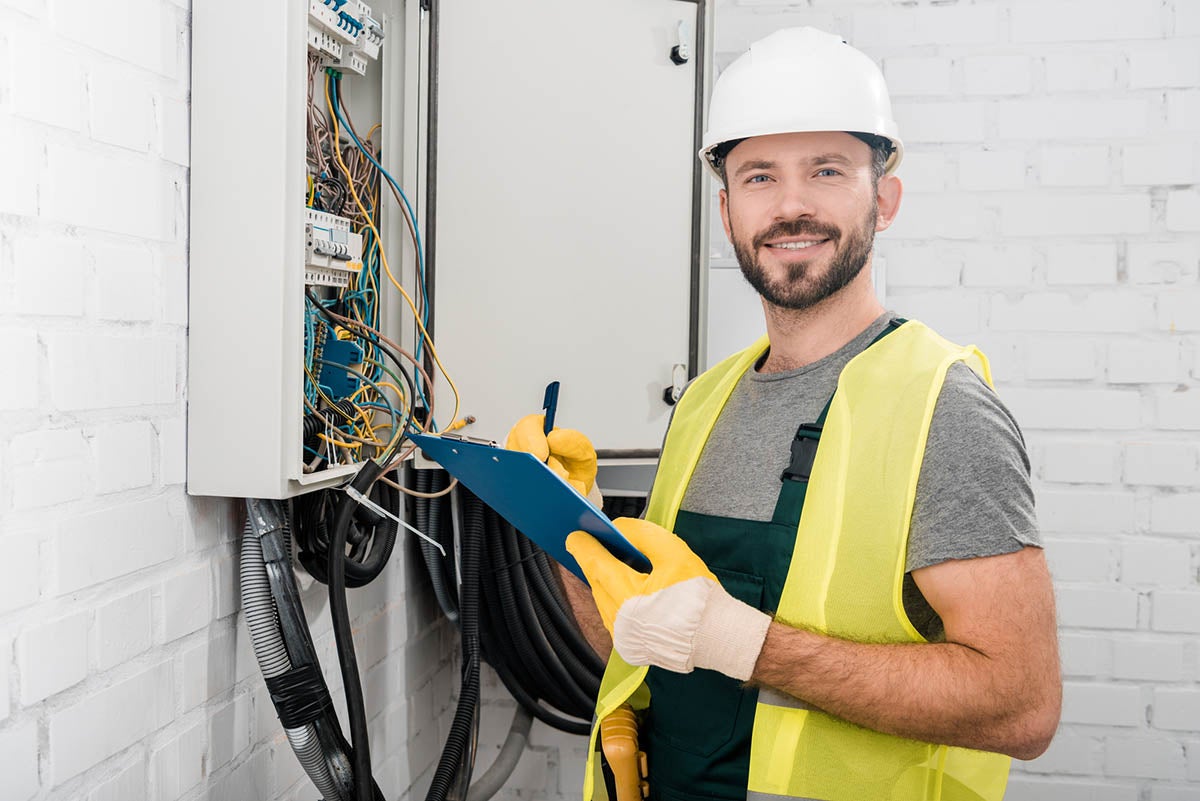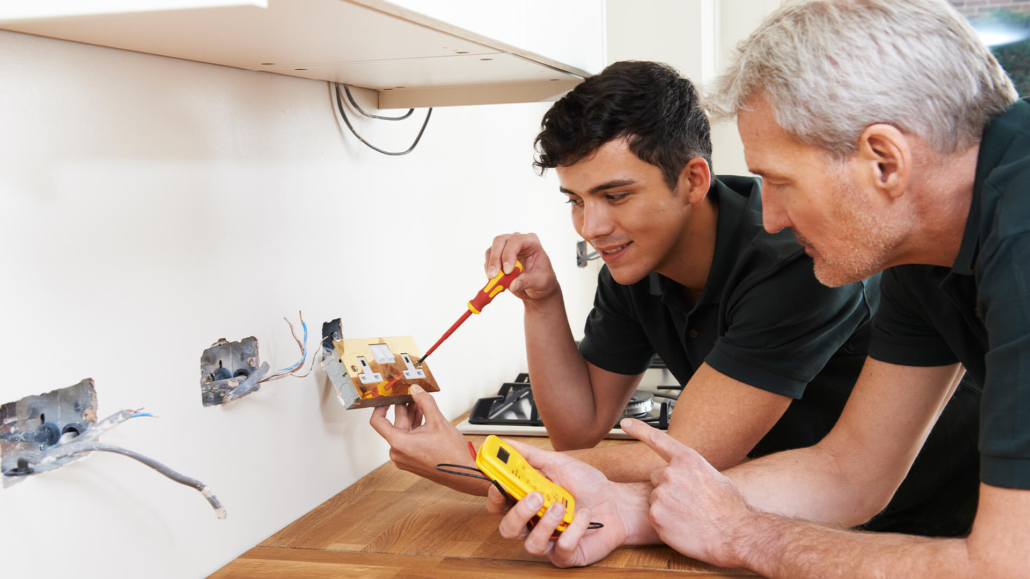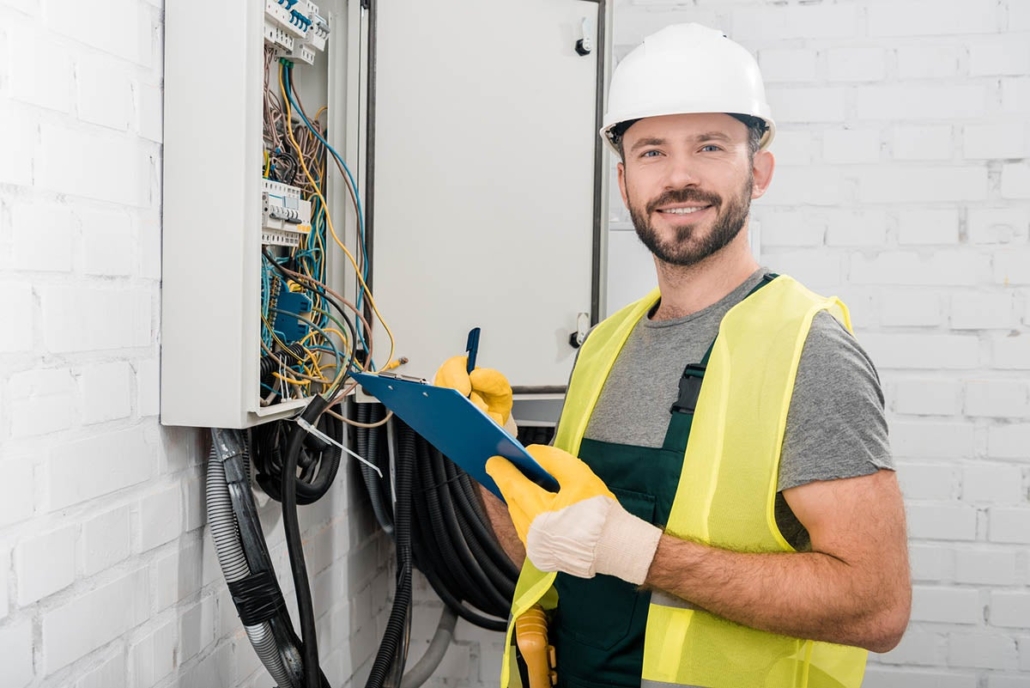As a business owner, you have a lot on your plate. From managing employees to keeping customers happy, you have a lot to juggle on a daily basis. It’s easy to forget about things like electrical maintenance, but neglecting it can lead to serious consequences.
Without proper maintenance, your electrical systems can become a serious hazard, putting your team and business at risk. Electrical systems can deteriorate over time, and components can wear out or become damaged, leading to a loss of efficiency, increased energy bills, or even electrical fires. By scheduling regular maintenance, you can catch potential problems before they turn into major issues, saving you time, money, and stress in the long run.
Here are our top 5 reasons why regular electrical maintenance is a must for your business:
1. Safety First
Regular electrical maintenance is crucial for keeping your business safe. Faulty wiring, damaged outlets, outdated electrical panels, and overloaded circuits are just a few examples of the problems that can arise over time. By investing in regular electrical maintenance, you can catch these issues early on and address them before they become a serious safety hazard. This not only protects your property, but it also helps to ensure the safety of you and your employees.
2. Efficiency is Key
Regular electrical maintenance can also help improve the efficiency of your electrical systems. Over time, electrical components can wear down, become less efficient, and consume more power than necessary. By scheduling regular maintenance, you can identify and replace worn-out components, which can help save you money on your electricity bills in the long run.
Another benefit of regular maintenance is that it can help prevent unexpected breakdowns and malfunctions. By identifying potential issues early on, you can avoid costly emergency repairs and downtime that can disrupt your business. With routine inspections and maintenance, you can ensure that your electrical system is functioning properly and reduce the risk of unexpected power outages that can disrupt your business operations.

Archon Electrical can help with all your commercial electrical needs to ensure your business stays safe and compliant with Australian standards and regulations.
3. Extend the Life of Your Electrical Components
Moreover, regular maintenance can help extend the life of your electrical components. Electrical components that are not well-maintained can deteriorate over time, causing them to malfunction or completely fail. This can lead to costly repairs or even the need for a full replacement of your electrical system.
Regular maintenance can help identify and address any issues with your electrical components, allowing them to function properly and efficiently for a longer period of time. By investing in regular electrical maintenance, you can save yourself the hassle and expense of dealing with unexpected electrical failures or replacements down the line.
4. Compliance is Key
Regular electrical maintenance is crucial to ensure that your electrical system is up to code and compliant with regulations, both locally here in Melbourne, as well as national Australian standards. Electrical regulations and codes are put in place to protect you, your employees, and your commercial property from potential hazards. Regular maintenance can help identify any issues that may not comply with these codes and address them promptly, ensuring that your electrical system is safe and compliant.
For businesses, compliance is especially crucial, as non-compliance can result in fines, legal liabilities, and even a loss of business. Regular maintenance can help keep your business compliant and avoid any legal or financial consequences that may arise from non-compliance.
You can find a copy of the current Electricity Safety (General) Regulations on the Victorian Legislation website.
5. Peace of Mind
Finally, regular electrical maintenance is essential for ensuring that your electrical system is safe, reliable, and efficient. Not only can it help prevent safety hazards and costly repairs, but it can also give you the peace of mind you need to go about your day-to-day activities without worrying about potential electrical problems. After all, you probably already have enough to worry about in your business.
So, what should you be looking for as a business owner? We have compiled an electrical maintenance checklist to help you keep on top of things.
Electrical Maintenance Checklist for Business Owners
- Check electrical panels for any signs of wear or damage.
- Inspect electrical wiring, switches, and outlets for signs of wear or damage.
- Test ground fault circuit interrupters (GFCIs) to ensure they are working properly.
- Inspect lighting fixtures and replace any burned-out bulbs or damaged fixtures.
- Test and inspect emergency lighting and exit signs to ensure they are working properly.
- Check surge protectors and power strips for any signs of wear or damage.
- Inspect any electrical equipment or machinery and ensure it is properly grounded.
- Check for any loose or exposed wiring.
- Test backup generators and ensure they are functioning properly.
- Test smoke detectors and carbon monoxide detectors to ensure they are working properly.
By investing in regular electrical maintenance and check-ups, you can ensure that your system is up to code, compliant with local and national regulations, and capable of meeting your needs both now and in the future. Regular electrical maintenance is a must to keep your electrical system running smoothly and safely.
The experienced team at Archon Electrical can provide you with comprehensive electrical services, tailored to your specific needs. Give us a call today!





